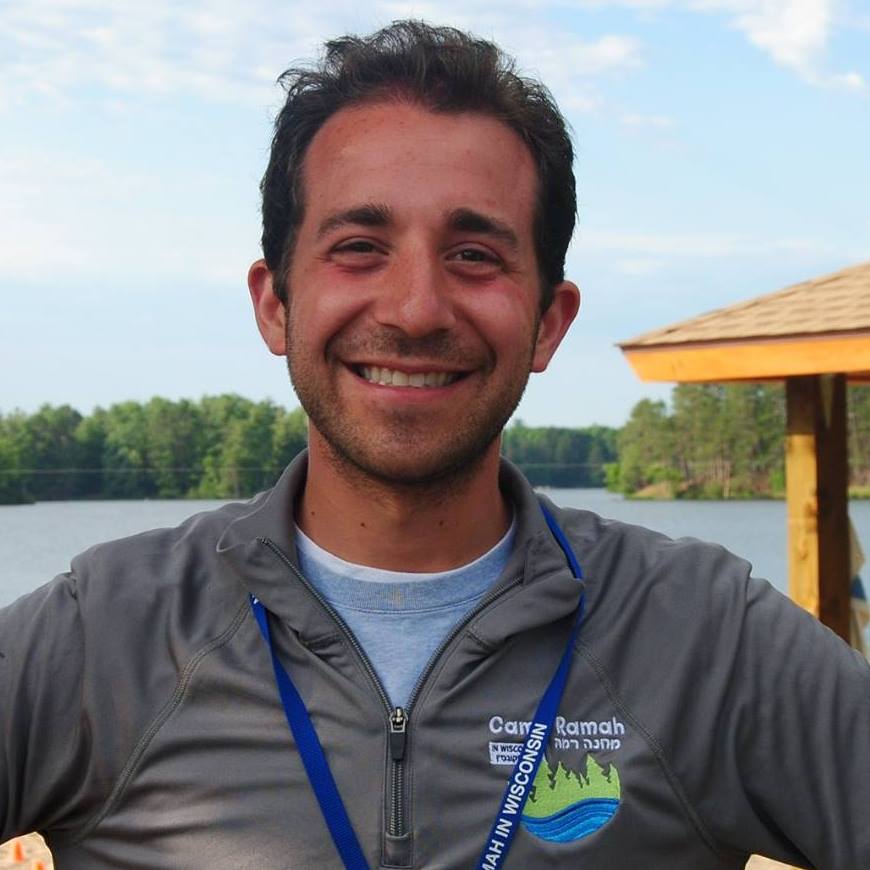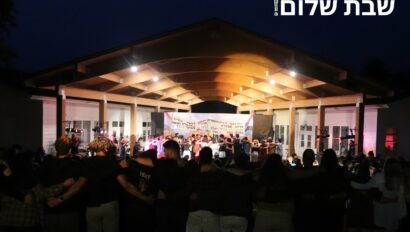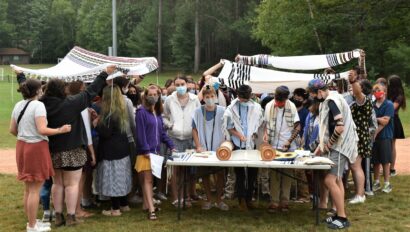Please enjoy a d’var Torah this week from Scott Topal, the director of Operations for Camp Ramah in Wisconsin.
A Recipe for Meaning: Reflections on Parashat Tzav
by Scott Topal
One of my favorite television shows, The Profit, stars entrepreneur Marcus Lemonis, who identifies promising small businesses in need of help and provides them the necessary resources and coaching to succeed. He analyzes businesses on three simple, yet critically interrelated elements — people, process and product. The keys to achieving one’s organizational goals are: putting the right people in the right roles, offering a product that people need, and creating processes to achieve the mission.
In this week’s parasha Tzav, we learn about the duties and responsibilities of the kohanim – who can offer a sacrifice (people), why and what can be sacrificed (product) and the detailed instructions to prepare the offering (process). Of note, there is a disproportionate amount of text spent on the process – what clothing is to be worn, how many times the altar is to be sprinkled and what happens after the sacrifices are complete. The attention to detail in every moment and action taken is clearly meant to enhance the holiness of the experience.
Rabbi Abraham Joshua Heschel in his book Moral Grandeur and Spiritual Audacity echoes this concept. He writes, “Jewish living means living according to a system of checks and balances…not only the extraordinary days, not only the Shabbat, even weekdays have a form.” While our days of sacrifices and Temple ritual may be behind us, our days of intentional structured living are not. Today, the lesson of Tzav is less about the particular mix of altar incenses and more about the awareness that each moment of our lives is precious and that purposeful action adds value and meaning.
At Ramah we understand that all three components – people, product and process – are required to create a magical summer. Each summer we form a unique community of people from around the globe to learn, socialize and grow together. Our days are filled with fun and exciting activities – swimming in the agam (lake), climbing the ropes course, creating mezuzot in omanut (arts and crafts), and welcoming Shabbat with 600 of our best friends. These experiences, the ‘product’ of Ramah, form memories and experiences to last a lifetime. And yet, the key to bring this all together is the daily routine and procedures of camp – set meal times, t’filot (prayers) and prakim (activity periods) create a structure that ensures we make the most of our time together.
In this way, I believe we fulfill our commandment to live our lives surrounded by community and focus on enhancing the world in an intentional manner. Shabbat Shalom.






